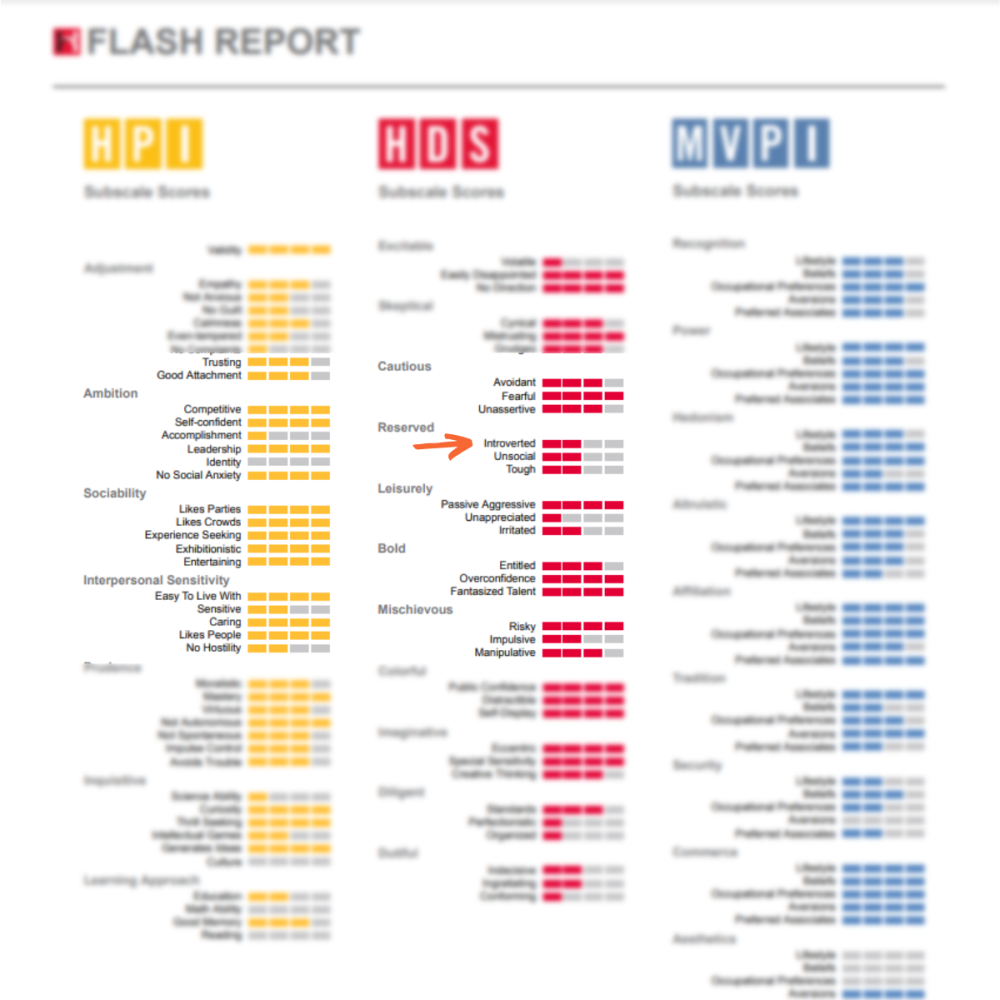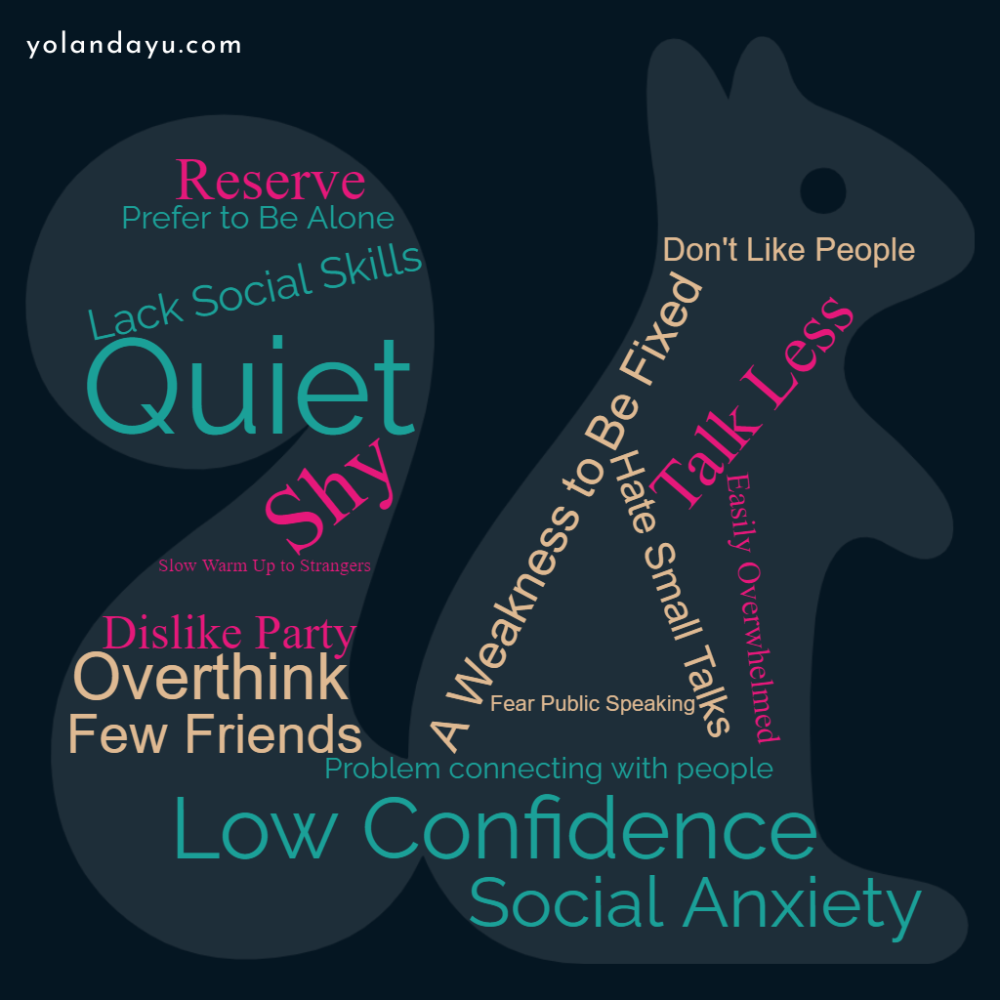Today, the word “introvert” still carries more than it should; e.g., “I am an introvert” is often followed by a description of social anxiety or lack of confidence.
Danger: If I think my introversion is a weakness I can’t do much about, I justify my anxiety and lack of social skills. I feel powerless to change the situation. I victimize myself.
Result: I will miss the vast space to grow, develop, and create a better future.
In most psychometric frameworks, intro-extroversion is just one of many personality dimensions – far from being the only one. Below is a snapshot of Hogan leadership assessment.

I became a certified Hogan assessment debriefer because I was attracted to the versatility and depth of Hogan’s philosophy.
In a single-dimension world of introversion vs. extroversion, many characteristics tend to be entangled: e.g., we think introverts have lower emotional stability and sociability, higher sensitivity, social anxiety, prudence, etc.
In Hogan framework, adjustment (emotional stability), ambition (including social anxiety), sociability, interpersonal sensitivity, and prudence(related to risk-taking) are all separate dimensions.
These dimensions are not correlated. One can be an introvert with low anxiety, high sociability, low interpersonal sensitivity, and a big risk taker.
Every dimension is complex. There are subscales to explore further. In the sociability subscales: one might hate partying but is comfortable with public speaking (exhibitionistic). Or one might struggle to crack jokes (entertaining) but is good at networking with a strong interest in experience-seeking.
👉🏼 My invite to you:
See yourself and others beyond the single dimension of introversion-extroversion.
Doing so allows us to embrace a more accurate and complex picture of the person rather than a negative/stereotyping label. As such, we can have a chance to have more confidence in ourselves, more empathy for others, and feel more connected with each other.
At the core of Hogan Assessment’s philosophy sits:
“Every characteristic can be a strength; Every strength has its own shadow.”
There is a common fantasy about extroverts having more confidence, less anxiety, and more recognition by society – more power. Part of that may be true. But Extroverts do not always enjoy these privileges. Their vocalness might be seen as challenging. The more reflective extroverts find it difficult to “talk less, listen more.” Confident and self-assured the extroverts might seem, many also grabble with the topic of social skills and forging meaningful connections with others. And in a COVID-struck world, extroverts also experience higher anxiety because of isolation.
They have their struggles too.
👉🏼 My invite to you:
Accept your intro/extroversion by seeing its strengths and shadows. Know that other people’s world is not all rosy.
Now, if you are an introvert like me, read on. I will talk about a new perspective on our unique traits.

First, let me disentangle all the terms by putting them into four ‘P’ categories: Preference, Proficiency, Predispositions (Prone-to), and Prejudice.
Preference
According to psychologist Carl Jung’s definition, introverts are drawn to their inner world and extroverts to the external life. Introverts focus on the sense-making of events, and extroverts on those events. Introverts recharge their energy by solitude, and extroverts by socializing.
These tendencies of introverts create preferences, e.g., prefer environments of lower stimuli over high ones, to avoid the overwhelming workload of sense-making, and to recharge in solitude.
Likely, we cannot change these preferences – they have been decided for us, more or less. There is no point in forcing overwhelming social interactions while all you crave is some personal space to recharge your energy.
🦋 Respect our preferences and create the conditions for us to thrive.
Proficiency (or Social & Communication Skills)
The tendencies of introverts can make it trickier to master people-related skills. But many introverts are socially engaging and can forge strong human connections. Introverts are better at deeper, meaningful one-on-one conversations than extroverts. (No wonder many coaches are introverts!)
Let’s face it – if you lack social & communication skills, don’t blame it on being an introvert. Some predispositions of introverts make it more difficult for us to acquire these skills. But it is not impossible. (My story here: how I overcame my anxiety and developed communication skills.)
🦋 Own our skills. Introversion is not a name for bad social skills.
Predisposition (Prone-To)
Neuroimaging studies by Dr. Laurie Helgoe found that introverts have greater cortical arousal than extroverts – in plainer terms, more brain activities – overthinking. Overthinking can lead to worry and anxiety or prevent us from responding to the external world effectively.
But this does not mean all introverts have worry and anxiety. Overthinking and introspection allow us to thoroughly examine the topics on hand and can be a superpower. With good awareness, check and balance, it is possible to keep anxiety at bay and lead a calm inner life.
🦋 Be aware of our predispositions and manage anxiety.
Prejudice
There are some negative labels on introverts. Society tells us, “you must fix your introversion, or else you cannot succeed.” – This is not true. Some of today’s most successful business leaders are introverts. Consider this list: Bill Gates, Warren Buffett, Mark Zuckerberg, Marissa Mayer, and Elon Musk.
Many may argue that they worked hard to succeed “despite the weakness as introverts,” instead, they probably owe their success to the beautiful traits of introversion, e.g., introverts tend to be more thoughtful, observant, reflective, and likely to go after quality and meaning.
🦋 Let’s dismiss the negative notion of “introverts” and “extroverts.” They have nothing to do with qualities for success.
What I hope to deliver in this article:
- There are many dimensions beyond introversion vs. extroversion
- There are strengths and weaknesses for both introverts and extroverts
- Respect your preferences. Own your skills. Understand your predispositions to anxiety. Dismiss wrong prejudices.
- See You and Others in real light.
Lastly, I want to recommend this book, Quiet by Susan Cain for the 1,001st time because of its massive impact on my life.
If you need some help, I’m just one message away. Drop me a PM or book a free call.

